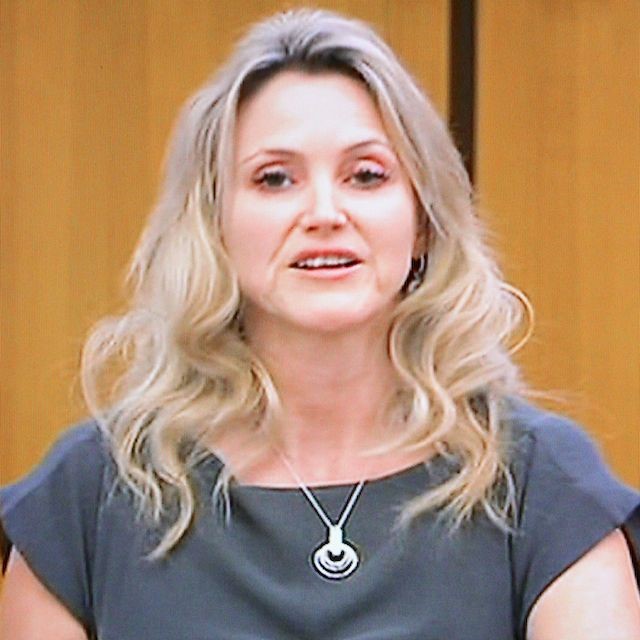From an article published 27 Oct 2014, by Dan Goldberg:

Gough Whitlam, former prime minister of Australia who died October 21, 2014, seen in 2007.
Photo by AFP
The
reaction of Jewish community leaders to the death last week of former
Australian Prime Minister Gough Whitlam was telling – not so much for what they
said but for what they didn’t say.
... Whitlam’s tenure marked the nadir in relations between the government and the
Jewish community since 1948.
Robert Goot,
president of the Executive Council of Australian Jewry, said:
“On matters relating to Israel, including the introduction of the so-called ‘even-handed’ policy, the Jewish community was rightly disappointed with, if not hostile to, Whitlam’s attitude and actions.”
Dr Colin
Rubenstein, executive director of the Australia/Israel & Jewish Affairs
Council, said:
“He had what was at times a tumultuous, disappointing relationship with the Jewish community, with his somewhat cynical and indifferent ‘even-handed’ approach when the survival of Israel was at stake during the difficult period of the 1973 Yom Kippur War.”
According to
Sydney-based historian Dr. Suzanne Rutland,
“Whitlam sought to completely change the direction of Australia’s foreign policy, moving from the United States orbit towards that of the Communist and Third World powers.”...“This change of direction affected his policies … seen most clearly in his constant criticism of the Jewish lobby and his strong support for the Arab lobby.”
As a result,
under Whitlam, Australia’s voting patterns at the United Nations changed, he
moved to establish an Arab League office in Australia, and developed contacts
with the Palestine Liberation Organization.
But it was
Whitlam’s failure to condemn Egyptian and Syrian strikes on Israel during the
Yom Kippur War that infuriated Jewish leaders, prompting a delegation to
arrange a meeting in Canberra.
“At first he
refused,” one of the delegation recalled this week. “We were outraged.”
Whitlam then
agreed, and a 10-strong team went to Canberra. But the PM “point blank” refused
to meet all the delegates. Isi Leibler, then a Jewish leader in Melbourne who
now lives in Israel, “had a stroke virtually on the spot.”
Two or three
members eventually met with the PM, but relations remained lukewarm at best.
In 1974,
Whitlam was invited to a pre-election breakfast in Melbourne that was “supposed
to be a rapprochement,” according to Isi’s brother Mark Leibler, a veteran
Zionist leader.
Question time
was a heated affair, which has since become infamous in the annals of
Australian Jewish history.
“Why is it that
during the Yom Kippur War you said nothing until the Americans started rearming
the Israelis,” Mark Leibler recalled a colleague asking the PM.
Famous for his
abrasive style, Whitlam reportedly retorted: “You people have to realize
there’s also a big Arab Christian community here too.”
The
Iraqi affair
Revelations
later emerged that Whitlam had proposed taking a $500,000 donation from the
Iraqi Ba’ath Party to help finance his 1975 election campaign. As a result, one
of his ministers resigned, saying:
“It would be inevitable for the Australian Jewish community to regard any such money as blood money that might be paid for, ultimately, in Israeli blood.”
...One senior community
leader who declined to be named [said]:
“I have a lot of things to say about Gough Whitlam that are negative. But there is an old saying, do not speak ill of the dead.”
Another added:
“Gough Whitlam was a friend [of the Jewish community] till he got elected.”
Just months
before his 1972 election, Whitlam was the keynote speaker at the Yom Ha’atzmaut
celebration in Sydney.
“He made a promise there that if elected he will be the first serving Australian PM to visit Israel,” recalled Joachim Schneeweiss, who became president of the Executive Council of Australian Jewry in 1976. “It was the sort of promise he made thinking it would enhance his chances [of election].”
Whitlam, who had visited Israel before and after the Six-Day War, never followed through on his promise.


